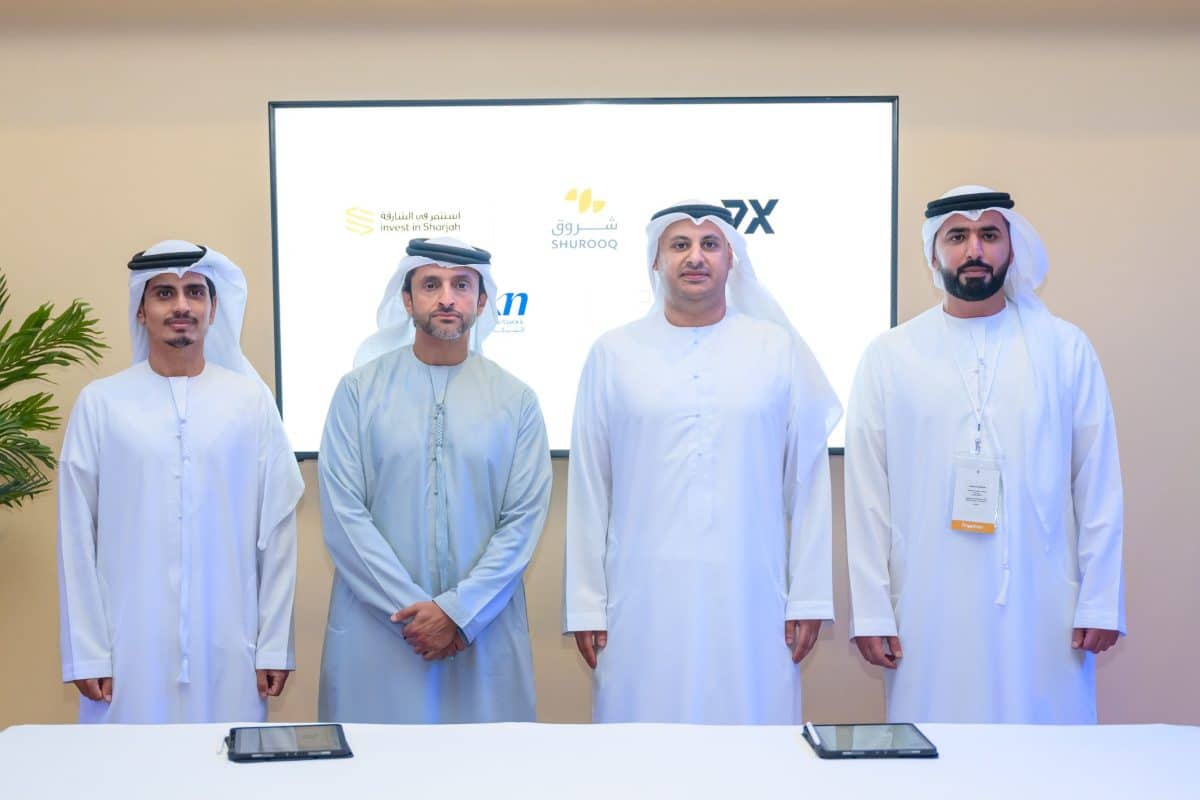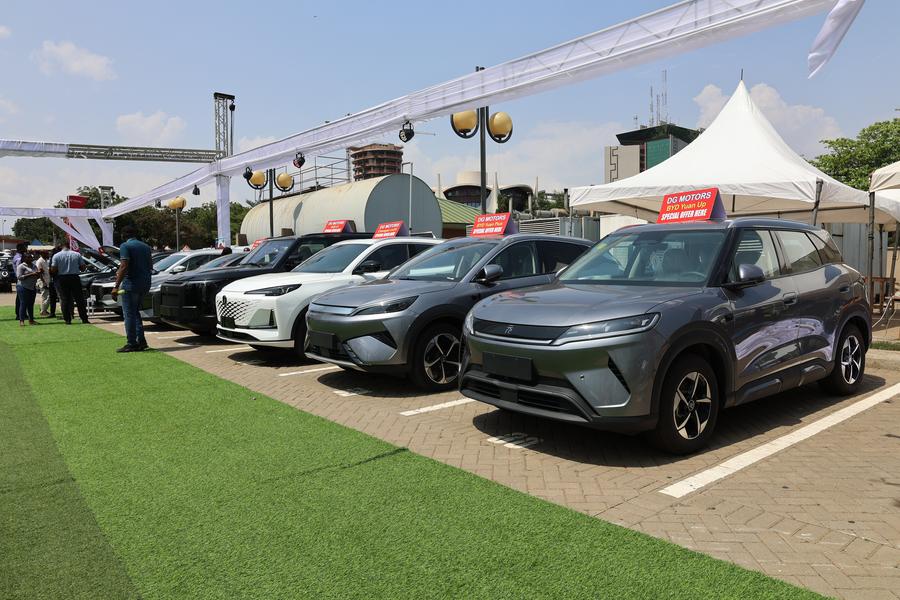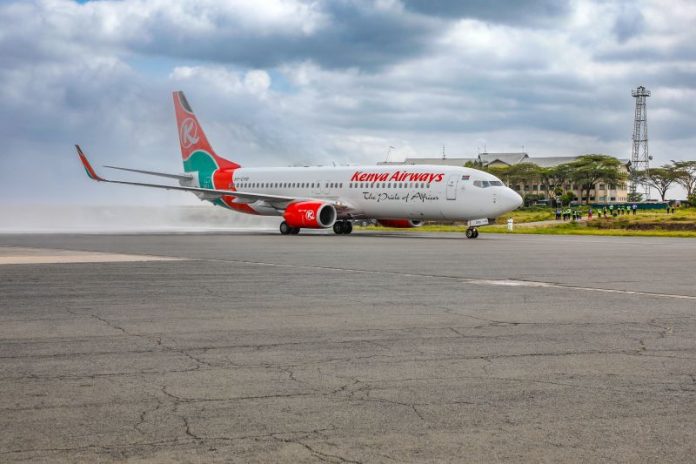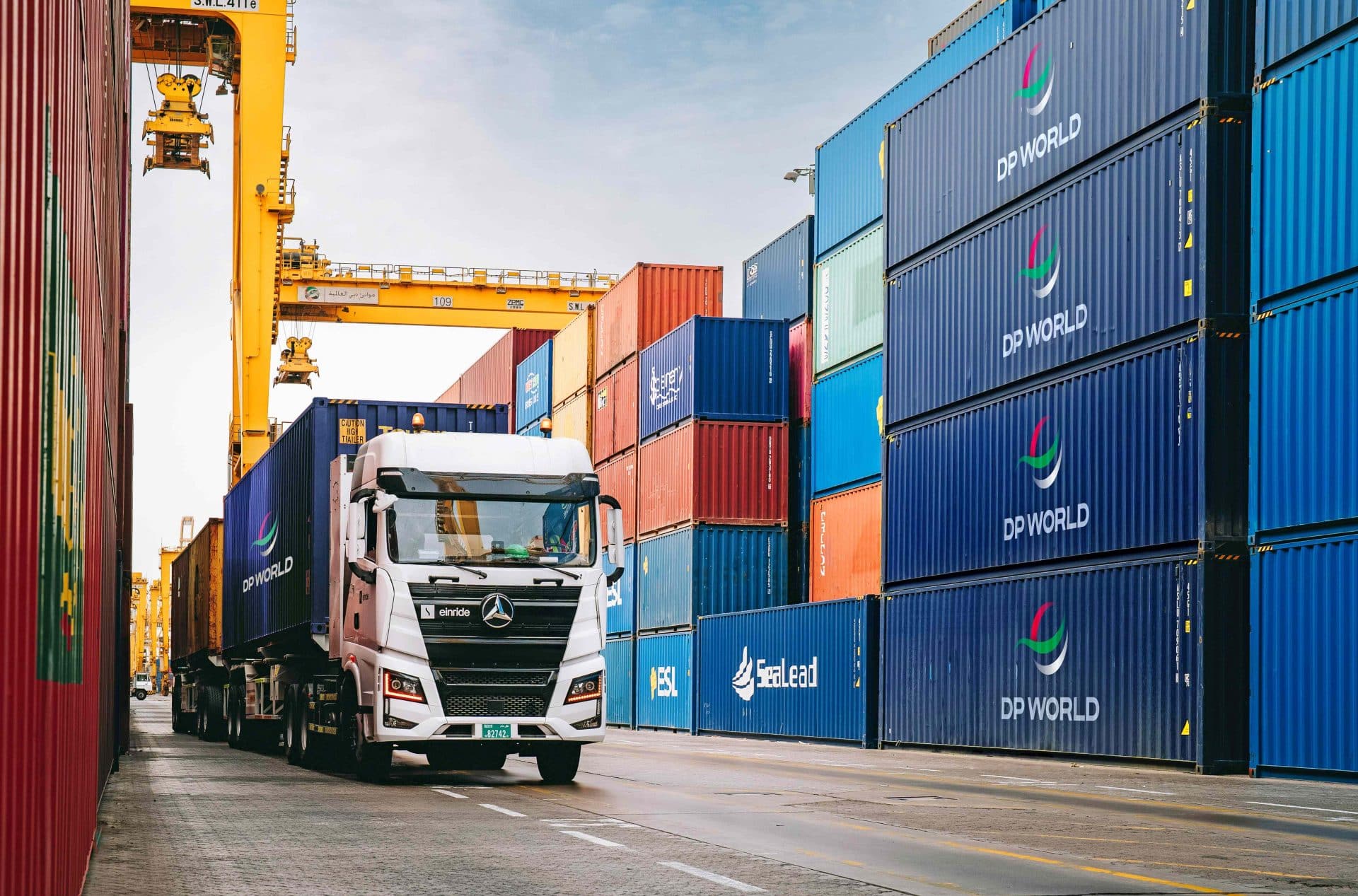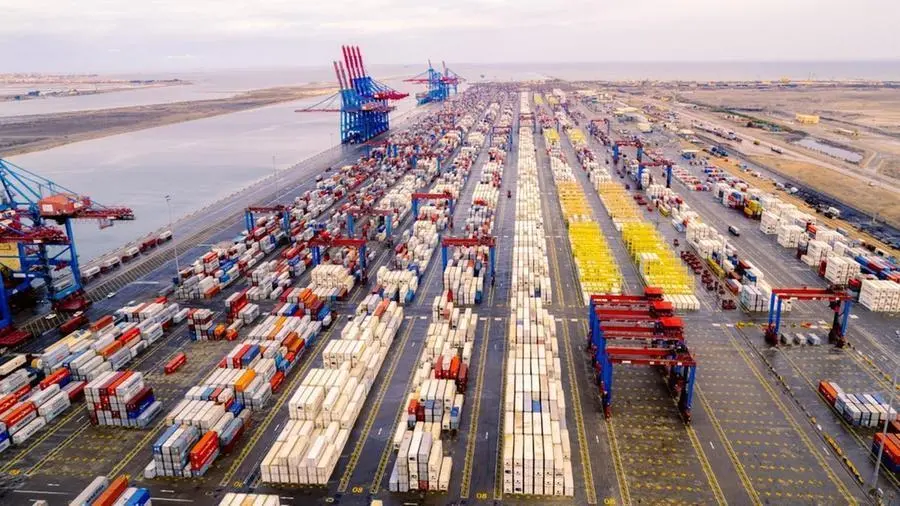Logistic Other

Gulf logistics will gain from data centre expansion

The Gulf’s transport and logistics industry is entering a new growth phase, fuelled by the region’s accelerating investment in data centres to support the rise of artificial intelligence.
Each facility is complex to build and demands major investment in construction, equipment and maintenance – all of which will generate significant logistics activity.
While there are already about 150 data centres in the region, with the UAE leading the way, investment is set to soar over the coming years.
In addition to AI adoption, several other factors are driving the need for greater digital storage capacity.
These include new data sovereignty laws mandating that certain categories of information remain within the country; economic and population growth; the migration of government and business data to the cloud; the increased rollout of 5G services by telecom providers; and the need for streaming applications to be located close to consumers.
Consulting firm PwC estimates that over the next five years the Middle East’s data centre market, measured by energy usage, will triple from around one gigawatt to 3.3GW, fuelling demand for digital infrastructure.
One of the biggest initiatives is the Stargate Project, a new data centre cluster in Abu Dhabi, which will host digital storage for clients, including OpenAI. The investment was announced during US President Donald Trump’s visit to the UAE in May 2025 and will be funded by state-backed G42.
The region has many advantages over other markets, not least the low cost of land, its location at a crossroads of global subsea cabling, its access to capital and a ready supply of cheap energy.
The region’s ports and airports will be significant beneficiaries
The huge investment in data centre construction presents the logistics industry in the region with numerous opportunities. Companies such as Agility Logistics Parks have many years of experience in acquiring land for warehousing and obtaining building and regulatory approvals.
On top of this, many of Agility’s existing parks already have power availability and fibre connectivity. It has been relatively straightforward for the company to transfer the construction skills it has developed for the logistics industry to those required for data centres.
Moreover, logistics companies will benefit from the large volume of building materials used in each project, which require storage and transport.
At the other end of the value chain, facilities will require extensive fitting-out with high-tech equipment, including imported chips, servers, cabling and cooling, fire protection and security systems.
The region’s ports and airports will be significant beneficiaries of the trend, not only from the additional throughput but from the need for their distribution facilities, many of which are bonded.
Spare parts logistics will also become an important requirement to keep data centres running when systems break down. This will require advanced services to provide high visibility of components, replenishment from global, national and local logistics centres and near-instant delivery times (sometimes within an hour).
Management skills, expertise and experience will be essential to deliver sophisticated and complex supply-chain solutions.
Beyond the direct requirements for land, permits, construction, equipping and maintenance, there will also be indirect opportunities arising from the energy-intensive needs of data centres.
With sustainability ever more important to Gulf governments, green energies, such as solar arrays, will be integrated with data centre installations. This will result in the shipping, import, storage and final delivery of materials such as building products, solar cells and cabling.
While data centres will deliver a major boost to the region’s logistics and transport industries, the pace of expansion may test existing capacity. Trucking fleets, warehouse space and skilled labour could all struggle to keep up with the surge in projects.
This wave of growth will also place additional pressure on current distribution networks, raising the risk of congestion around data centre zones.
As the Gulf transitions to a high-tech, high-value economy, the logistics sector will need to ensure it meets the demand for advanced, complex and more sophisticated supply chains, while continuing to provide transport and storage services fundamental to the region’s broader economy.
John Manners-Bell is CEO of Transport Intelligence Insight and founder of the Foundation for Future Supply Chain





